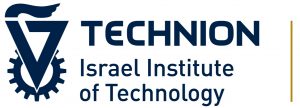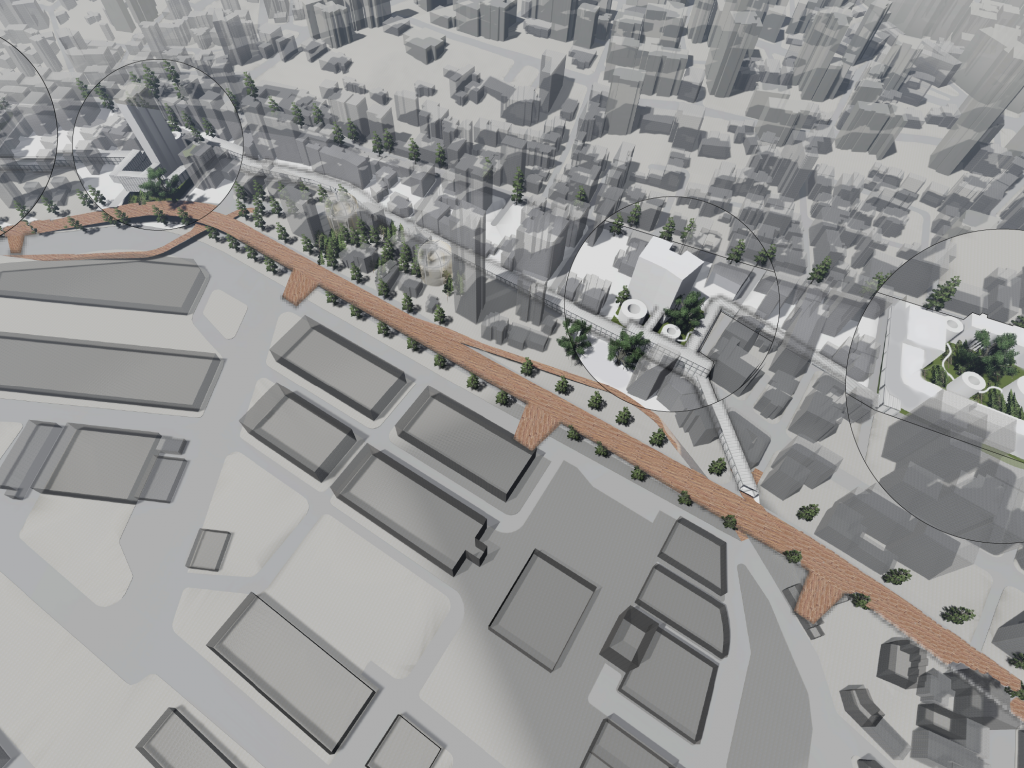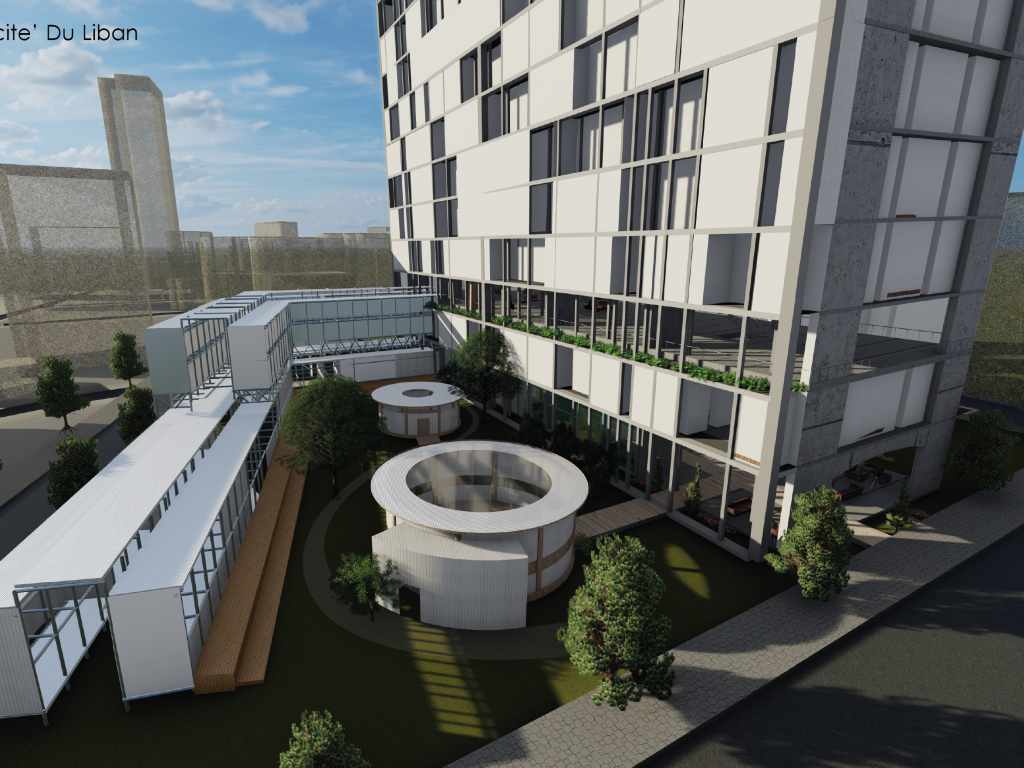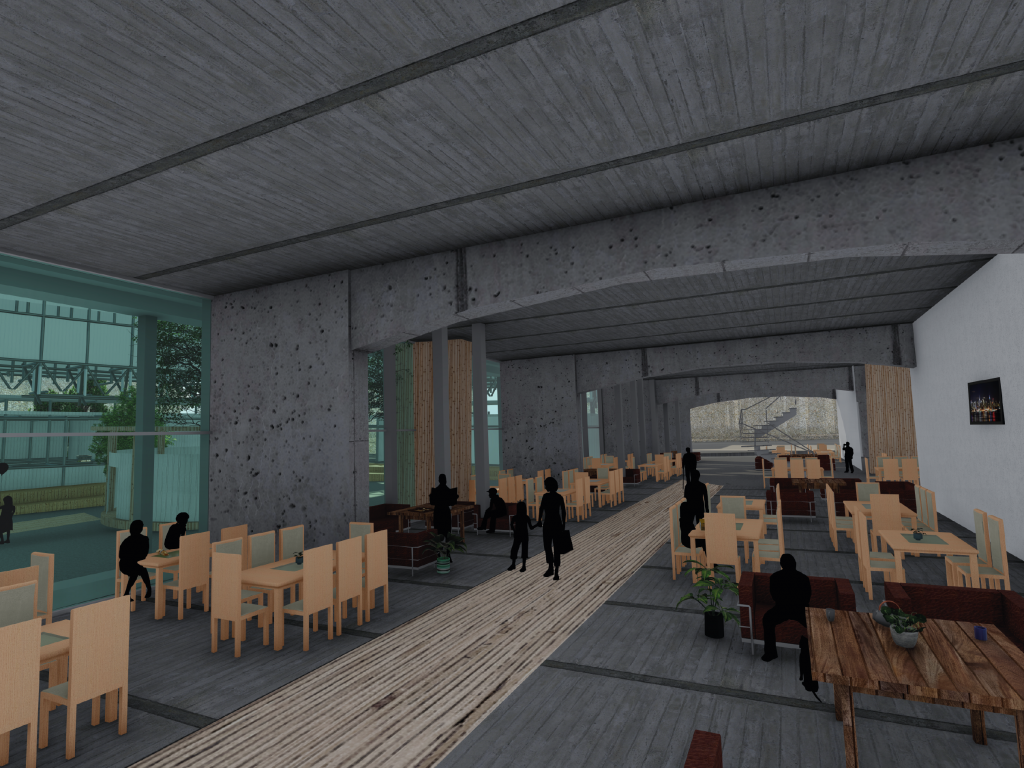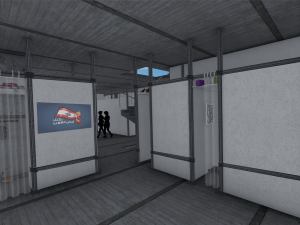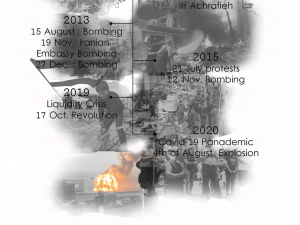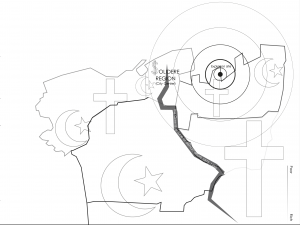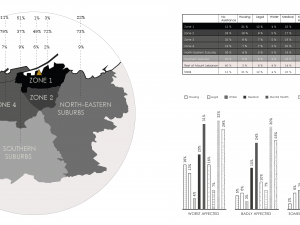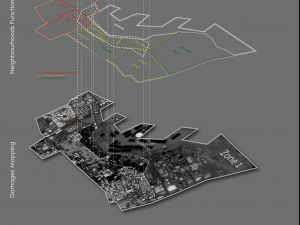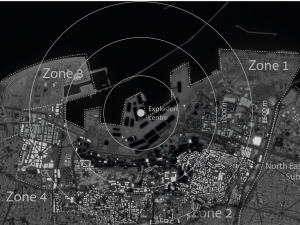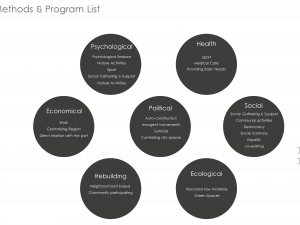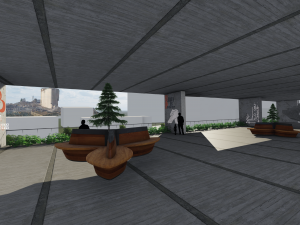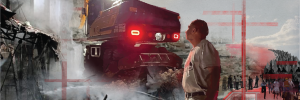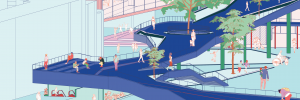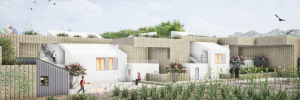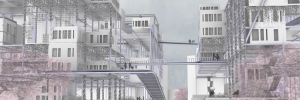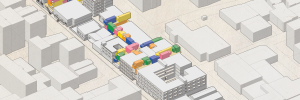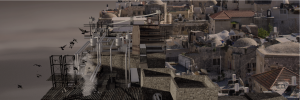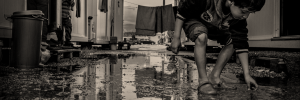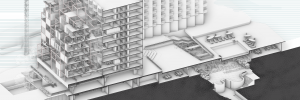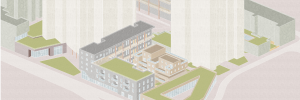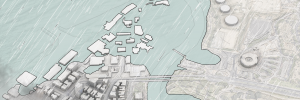Beirut Blast Aftermath
The explosion at Beirut Port (4th of August, 2020) was the latest in a series of crises that began with the country’s independence and still affect the city to this day. According to the World Bank )2021(, today, Lebanon is sinking into one of the most severe global crises, suffering from economic hardships, housing shortages, lack of basic human resources, and social and political instability, among other factors. As a result, citizens of Beirut have joined hands to help each other and rebuild their city, independently, in every way possible. Accordingly, and given their lack of various tools and resources, the citizens began to build their own “survival strategies / emergency systems” in order to provide themselves with the most essential and basic needs, in order to survive.
The project proposes rapidly constructed, temporary self-built complexes, emerging from the same emergency strategies as used by the residents, which aim to provide basic needs and strengthen the citizens socially, mentally, and economically. By means of a green economic process in which the remnants of the blast are reused as raw materials, the community can become a participant in construction of the project, thus reconceptualizing citizens’ rights and status, forming a new, stronger, united society, and reclaiming values of equality and democracy that they have lacked for many years.
